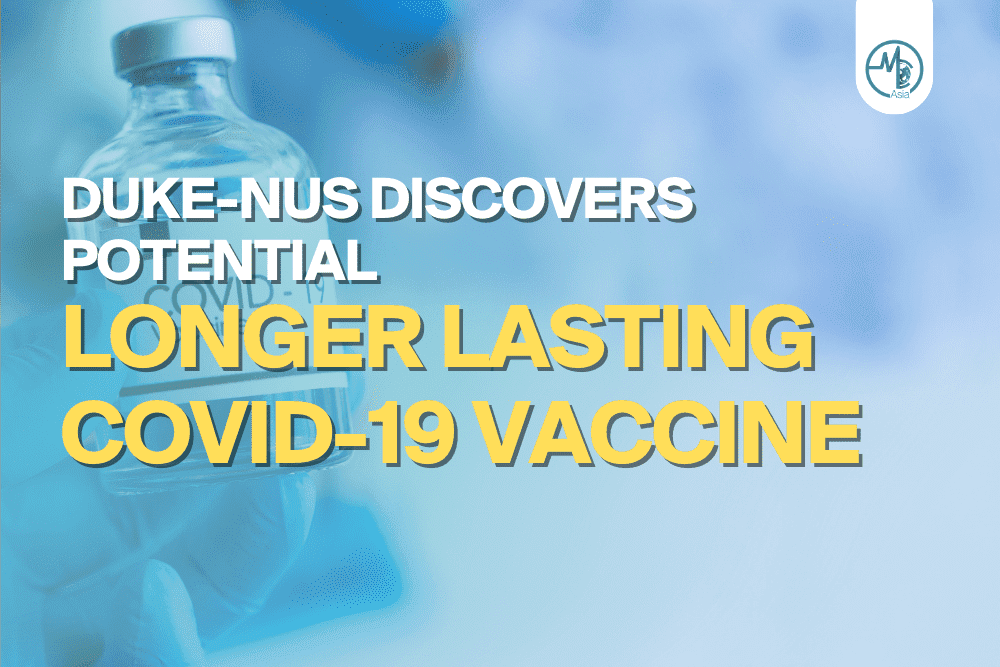In a significant advancement in COVID-19 vaccination strategies, researchers from Duke-NUS Medical School have developed a promising intranasal vaccine candidate that offers superior and long-lasting immunity against SARS-CoV-2.
This breakthrough could lead to a reduced need for booster shots while maintaining effective protection against the virus.
A New Approach to COVID-19 Vaccination
The Duke-NUS research team, collaborating with Duke University and the National University of Singapore, conducted a preclinical comparison between nasal and subcutaneous administration of the COVID-19 vaccine. Their findings were published in eBioMedicine. It revealed that the intranasal route not only induces a strong mucosal antibody response but also enhances long-term mucosal and systemic immune protection.
Intranasal vs. Subcutaneous Vaccination
The study demonstrated that intranasal vaccination significantly boosts the body’s immune memory compared to traditional subcutaneous injections. This method preferentially induces airway-resident T cells and central memory T cells. These cells play a crucial role in providing long-lasting protection. Additionally, it reduces the severity of the disease upon re-exposure to the virus.
The Role of T Central Memory Cells
Associate Professor Ashley St John is the lead author from Duke-NUS’ Emerging Infectious Diseases Programme. He stated, “Our data show that, compared to subcutaneous vaccination, the intranasal route improved the response of certain immune cells, known as T cells, which reduced disease severity. Not only that, but it also resulted in a greater number of T central memory cells compared to subcutaneous vaccination, which could lead to longer-lasting protection.”
The Impact of Adjuvants in Vaccines
The research also investigated the use of adjuvants, substances added to vaccines to boost the immune response. Different adjuvants were found to influence the characteristics and activation of T cells. Consequently, it affects their production of cytokines, small proteins crucial for controlling inflammation and regulating cell communication.
IgG Antibodies and Variant Neutralisation
Another key finding was the enhanced effectiveness of a type of antibody, IgG, widely circulating in the bloodstream in neutralising virus variants, including emergent ones, when induced through the nasal vaccine route. This indicates that improved responses from both T cells and IgG antibodies contribute to the greater and longer-lasting protection offered by intranasal vaccines.
The Future of COVID-19 Vaccination
Professor Patrick Tan, Senior Vice-Dean for Research at Duke-NUS, highlighted the ongoing relevance of this research, especially in the context of emerging variants like JN.1, which has led to increased hospital admissions. He explained, “The rise of new variants demonstrates that we have room in our arsenal of vaccines and treatments for even better tools. This study shows that mucosal vaccination holds promise for improving COVID-19 vaccine efficacy with potentially fewer boosters needed”
Moving Towards Clinical Application
A patent has been filed covering the invention of the vaccine composition formulated for mucosal delivery. This paves the way for an industry partnership to potentially develop mucosal vaccines against COVID-19 and other pathogens targeting mucosal surfaces.
Conclusion
This discovery by Duke-NUS Medical School represents a pivotal step in the evolution of COVID-19 vaccination strategies. The development of an intranasal vaccine offers a promising alternative. Therefore, it potentially enhances vaccine efficacy and reduces the need for frequent booster shots. Such innovations are critical in bolstering our defence against the pandemic.

